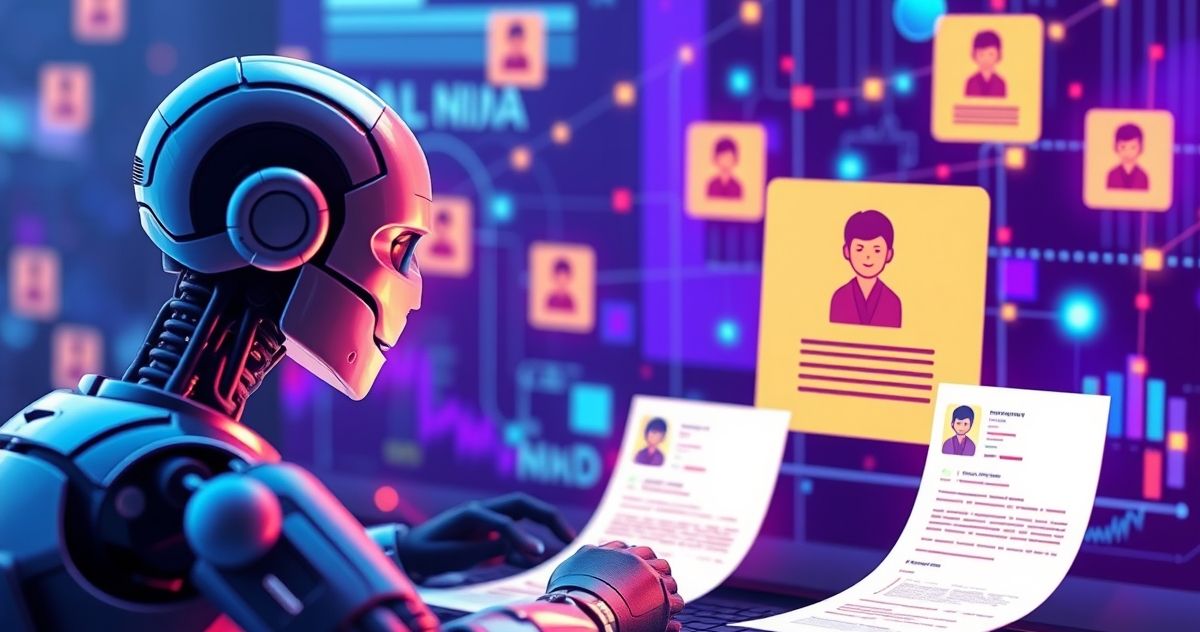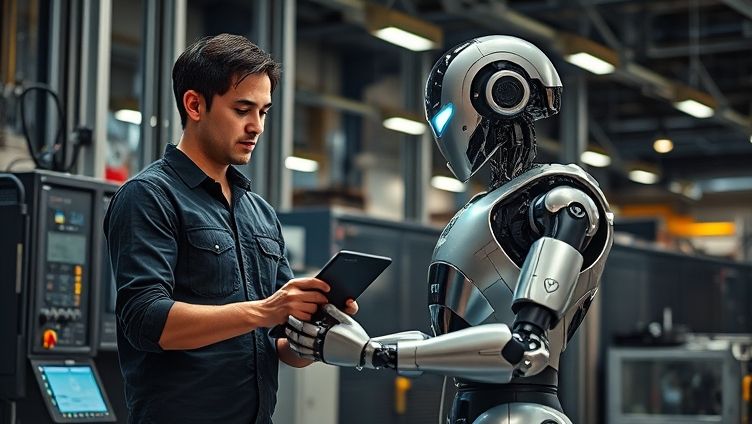The landscape of AI in Hiring is rapidly evolving, as demonstrated by Shopify’s recent mandate. This article explores the growing role of artificial intelligence in employment decisions and what it means for job seekers and businesses.
In a bold move that’s making waves across the corporate world, Shopify’s CEO, Tobi Lütke, recently mandated that before any new hires are made, managers must first demonstrate that artificial intelligence (AI) cannot perform the job more effectively. This directive underscores a significant shift in how companies are approaching workforce expansion and the integration of AI technologies. WSJ
Lütke’s internal memo, titled “AI usage is now a baseline expectation,” emphasizes that leveraging AI is no longer optional but a core competency required at Shopify. Employees are now expected to incorporate cutting-edge AI tools into their daily workflows, with performance reviews assessing their proficiency in this area. This initiative reflects a broader trend where businesses are increasingly relying on AI to enhance efficiency and innovation. Business Insider WSJ
The Broader Implications
Shopify’s approach is indicative of a larger movement within various industries. Companies are recognizing the potential of AI to automate tasks, leading to increased productivity and cost savings. However, this also raises questions about job displacement and the evolving nature of work. A recent analysis suggests that affluent urban centers, traditionally hubs for white-collar professions, may be more susceptible to AI-driven job displacement. Roles such as coders, lawyers, and financial analysts, which are concentrated in cities like San Francisco and New York, are particularly at risk. Financial Times
Navigating the New Employment Landscape
For job seekers and current employees, this evolving landscape necessitates a proactive approach:
- Embrace Continuous Learning: Staying updated with the latest AI tools and technologies can enhance employability. Engaging in courses and workshops on AI and related fields can provide a competitive edge.
- Develop Complementary Skills: While AI can handle many tasks, human skills like emotional intelligence, creativity, and strategic thinking remain invaluable. Cultivating these abilities can position individuals in roles that AI cannot easily replicate.
- Seek Out AI-Augmented Roles: Positions that combine human expertise with AI capabilities are on the rise. For instance, roles that involve interpreting AI-generated data or overseeing AI systems leverage both technological and human strengths.
For Businesses: Strategic Integration of AI
Companies looking to integrate AI into their operations should consider the following:
- Assess Task Suitability: Not all tasks are ideal for automation. Evaluating which functions can benefit most from AI without compromising quality or ethics is crucial.
- Invest in Employee Training: Providing staff with the necessary training to work alongside AI can facilitate smoother transitions and foster innovation.
- Maintain Ethical Standards: Implementing AI should be done responsibly, ensuring transparency and fairness, especially in processes like hiring where biases can have significant consequences.
The integration of AI into hiring practices, as exemplified by Shopify, marks a transformative period in the employment landscape. While AI offers numerous benefits, it also presents challenges that both individuals and businesses must navigate thoughtfully. By embracing adaptability, continuous learning, and ethical considerations, we can harness the potential of AI to create a more efficient and innovative future of work.




